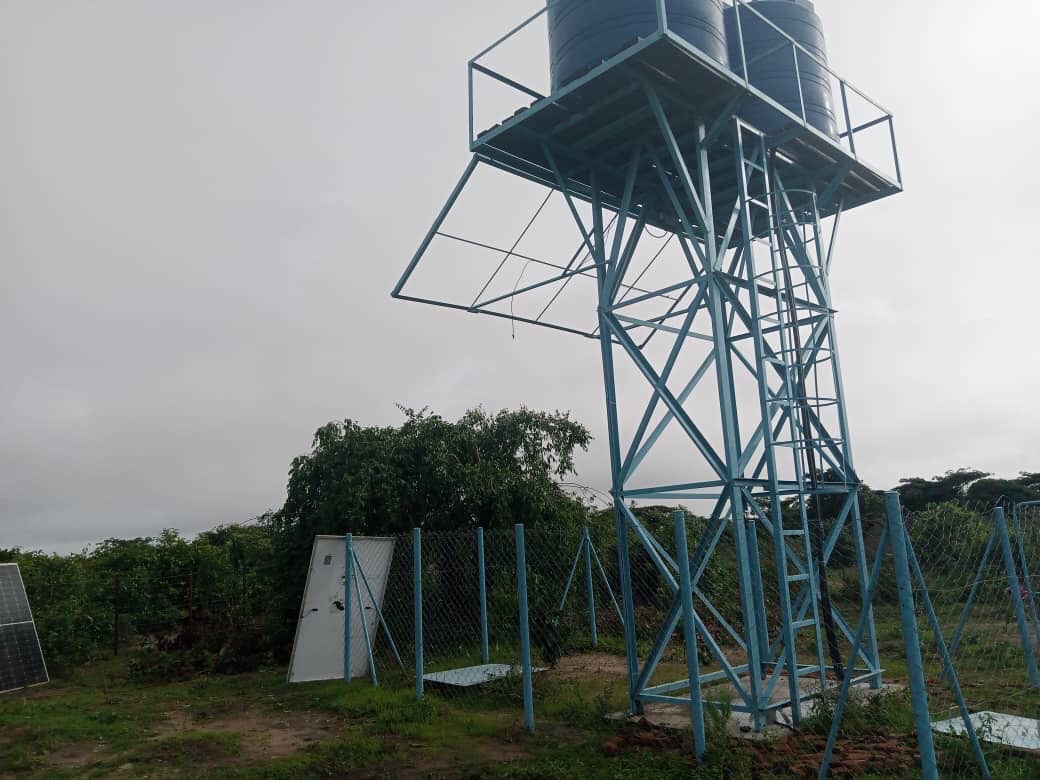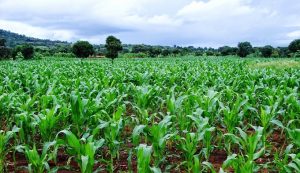The Center for Environmental Justice has disclosed plans to set up solar powered boreholes in Nyimba and Petauke districts of Eastern Province as part of its 2025 interventions.
CEJ Executive Director, Maggie Mwale says the organisation has noted the water challenges being experienced in the area and will pursue the initiative in the coming year.
Ms Mwape said this during the handover of improved goats to farmers in Petauke district.
She said CEJ is currently conducting a pilot project in the province to access and survey the area before rolling out major activities.
Ms Mwape however disclosed that CEJ has so far undertaken notable activities under the pilot project and was in the province to actualise a component of the project on livelihood support that is meant to benefit several people.
“CEJ is now fifteen years in existence and is currently working in seven provinces with operations in three districts per province with Eastern where we will work in Nyimba and Petauke districts,” she said.
Ms Mwape expressed happiness on CEJ’s presence in the province disclosing that it has so far received a lot of support from government, traditional leaders and the local people.
She further stated that she is hopeful that CEJ will remain in the two districts for a long time and disclosed its plans to expand to a third district in the coming year.
Ms Mwape said CEJ will continue with its training initiatives in agroecology, environmental protection and climate change in various districts.
And Petauke District Administrative Officer, Vincent Chibuye expressed gratitude to CEJ for the empowerment initiative.
Mr Chibuye stressed that the district is fortunate to be considered for the empowerment as the organisation could have chosen any other districts.
Meanwhile, the CEJ in collaboration with the Zambia Climate Change Network (ZCCN) is working on a project to focus on Gender and Climate Justice in Food Systems which will be funded by the We Effect.
She said the initiative is aimed at addressing gender inequality and climate change impacts on food security.
The project will promote sustainable agricultural practices, enhance food system resilience and ensure equitable access to resources among women and youths.





